How 3D Printing Prototyping Is the Future of Manufacturing
The manufacturing industry in the UK is constantly updating and growing, and the main area that's leading the way is the inclusion of 3D printing for rapid prototyping. This amazing tool is incredibly popular for the development of ideas before committing to more costly manufacturing, but even this new system is improving. Read on to explore how 3D rapid prototyping is proving itself as the future of manufacturing and metal casting.
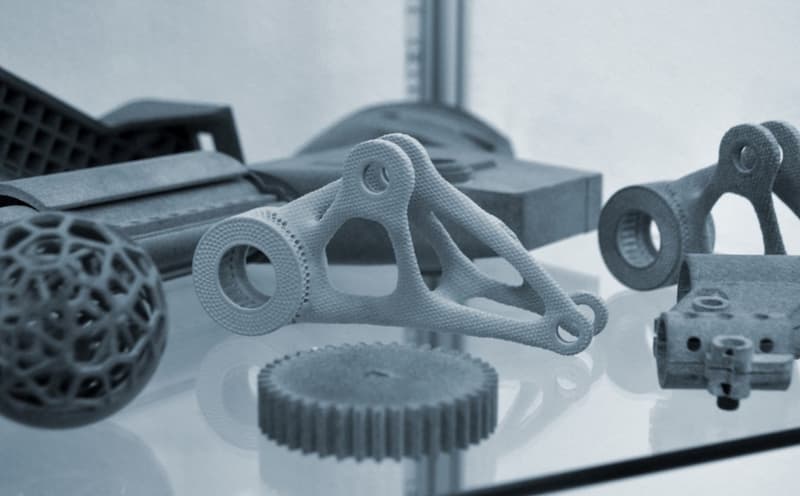
Why is 3D Printing Beneficial for Manufacturers?
This form of prototyping for components intended for manufacturing provides many benefits, but they are all connected to two positive elements: increased speed and efficiency. By harnessing 3D printing technology, particularly through services like the ThermoJet wax modelling system we use, designers will significantly increase product development and achieve swift turnaround times.
This not only accelerates the metal casting process but also leads to considerable cost savings by reducing the time to prototype, minimising development expenses, and improving the manufacturing processes overall. At Dean Group International, for example, costs are further reduced by testing designs prior to full-scale production and avoiding potential issues and costly redesigns after committing to casting.
The renewable nature of 3D printing offers unparalleled design flexibility and improved development of designs using authentic CAD data. Designers will then take advantage of comparing alternative designs to find the best possible outcome. But this is what we are providing our clients today; what new improvements will change these and make them a permanent part of the manufacturing industry forever? AI.
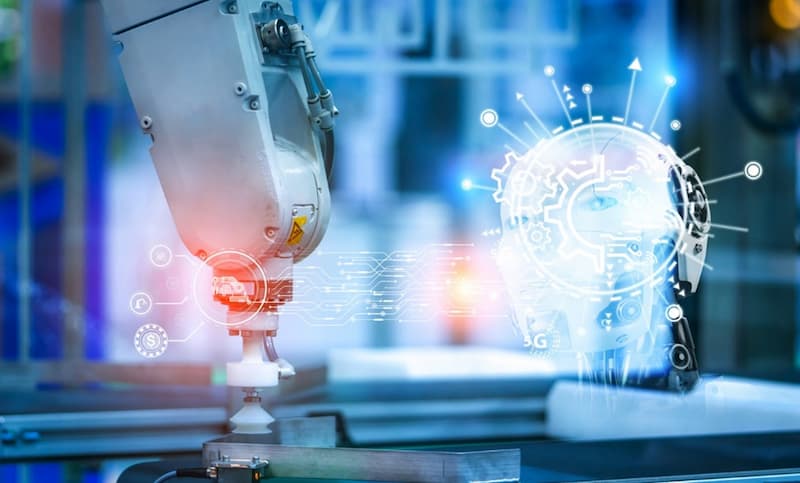
AI Supported 3D Printing
AI has become a prevalent tool across the entire UK economy, and it is finding its place in manufacturing prototyping. Automation is a progressing tool for many manufacturers, and casting foundries are no different from Industry 4.0, which brings many new ways to create computer-controlled processes. This progress to automating simple tasks and upskilling trained individuals will be significantly sped up as companies increase their use of adaptive AI to grow the number of operations trusted to Industry 4.0 applications.
Development technologies are also supported with these systems as AI is predicted to revolutionise design refinement and simulation processes we conduct before we commit to final metal castings. By embracing machine learning algorithms, AI facilitates data-driven insights that enhance both the design and manufacturing stages. As a result, AI not only refines casting designs with greater precision but also performs extensive simulations to predict and mitigate potential issues with the planned moulds in relation to how the liquid metal will pour.
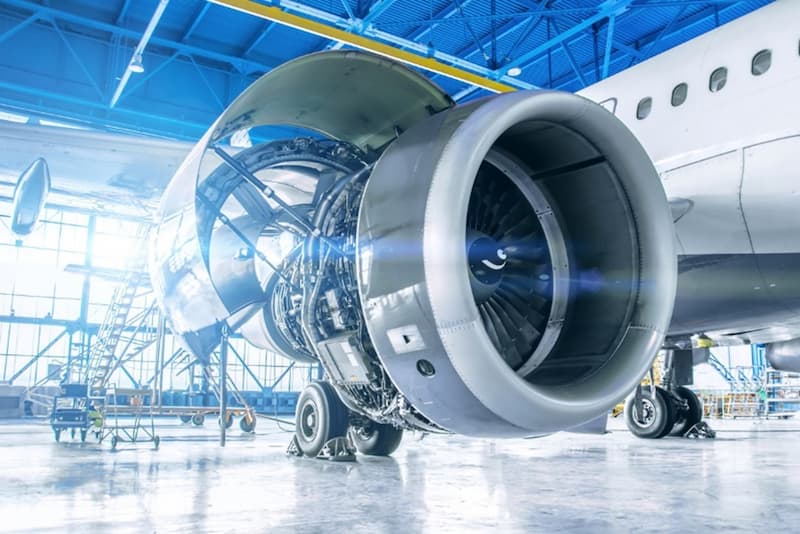
Increased Innovation for Aerospace
One of the main supporters of additive manufacturing is the aerospace sector, as the manufacturers within this sector have heavily embraced the flexibility that these aerospace castings provide for new components. This concept is highly useful for the development of ideas before manufacturing from every level, including individual components to assembled model aircraft subjected to aerodynamic tests.
This cost-effective method of idea development has made 3D printing very popular for aerospace engineers as they get to explore the possibilities of far more complex geometries in a material and time-efficient manner. This includes asset components and test pieces, but it also includes more humble applications such as creating new, bespoke tools for aircraft maintenance.
Increasingly advanced rocket systems, in particular, are being developed with this tool to accommodate new ideas such as powder bed fusion processes. These include ideas such as laser powder bed fusion that uses high-throughput directed energy disposition to achieve thrust. The additive manufacturing element of our rapid prototyping means that not only are these new systems being implemented in satellite dispersal rockets, but their designs have improved buy-to-fly ratios and reduced environmental waste.
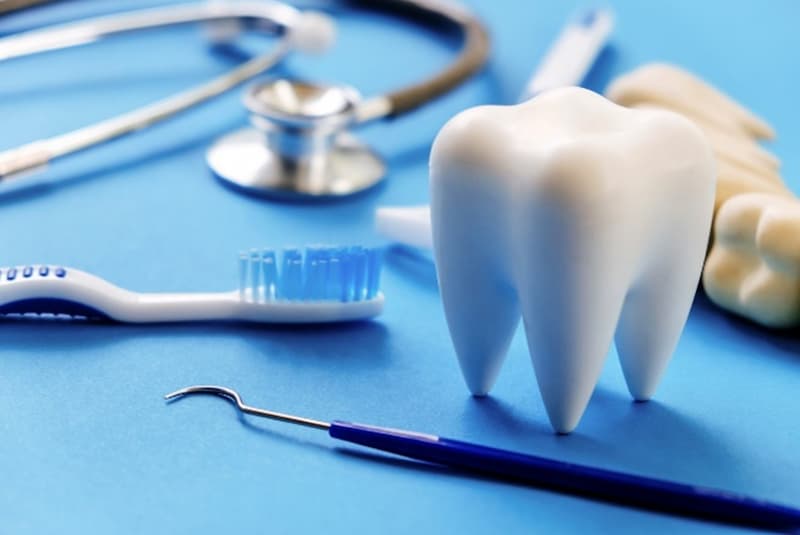
Increased Fidelity in Designs for Medical Applications
While these advancements will benefit every area of UK manufacturing, one sector is predicted to improve the most: Medical manufacturing castings. Additive manufacturing techniques are an excellent tool for developing existing medical device designs, but there are limitations when it comes to finessing minute details of smaller equipment.
As new printing technology is being refined and improved, more complex and detailed prints are available for prototyping. For example, the dentistry industry is exploring the use of refined printers for the creation of moulds related to patient-specific devices related to orthodontic appliances.
The quick turnaround of this process also partners well with healthcare's urgent needs for tailored components. Long-distance chains with many links are significantly reduced as these vital early stages are all developed in-house at a UK foundry before casting is conducted, which saves not only time but also medical device manufacturers.
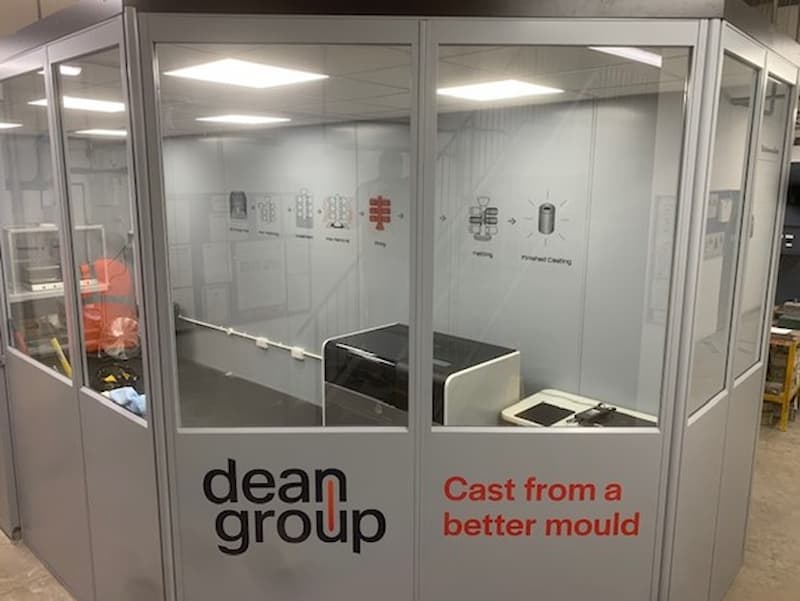
3D Rapid Prototyping Services at Dean Group International
At Dean Group International, we are always looking for new ways to improve our range of casting services, such as investment casting and die casting and augment the overall pipeline with advanced tools, such as our 3D printing room.
This valued investment makes our rapid casting prototyping process an important addition to any casting project to create streamlined results for your design. Read about the success stories in our case studies, including the architectural metal casting project, the Cloud Cities of Barcelona.
Contact us directly to discuss how our prototyping will support your next project.
Registered in England VAT No: 146307478 Company Registration No: 1062820




